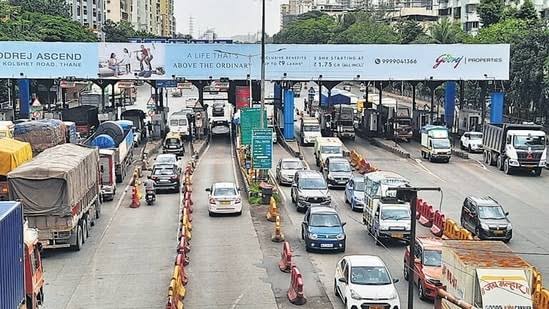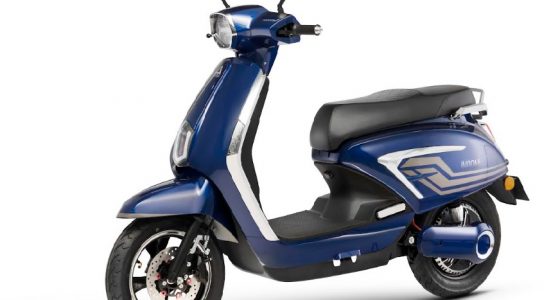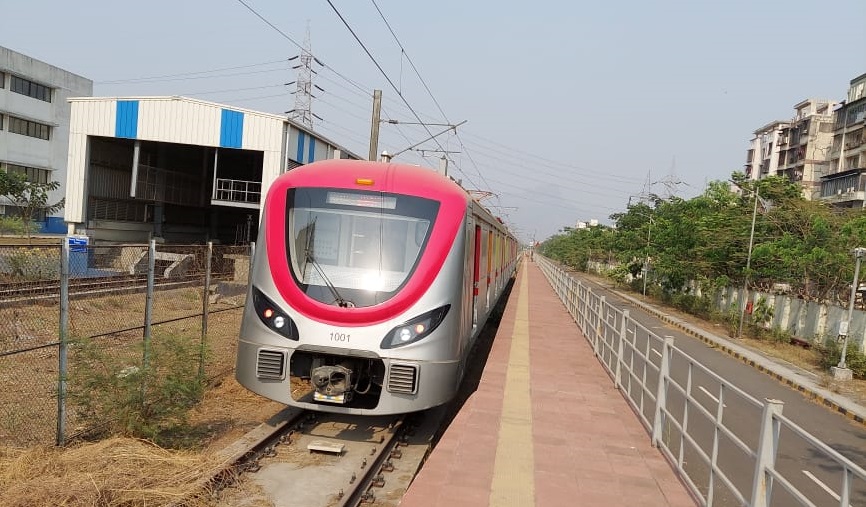Starting tonight, commuters will be relieved to learn that they no longer need to pay tolls to enter Mumbai. The five toll posts located at Mulund East, Mulund West, Dahisar, Airoli, and Vashi will no longer charge fees for Light Motor Vehicles. Previously, a one-way toll of ₹45 was a burden for many passengers, impacting daily commuters and those traveling into the city.
The announcement was made by the Maharashtra government, led by Chief Minister Eknath Shinde and Deputy Chief Minister Devendra Fadnavis, on Monday morning. The tolls had been initially implemented to fund the construction of 55 bridges in Mumbai during the first BJP-Shiv Sena administration.
In response to growing demands from citizens, the government has decided to abolish these toll charges, signaling a commitment to addressing the concerns of common people. This decision is expected to ease financial strain on commuters and enhance the overall travel experience for those entering the bustling metropolis.
As Mumbai continues to evolve, this move reflects the government’s responsiveness to the needs of its residents. With tolls removed, the focus can shift towards improving infrastructure and connectivity without the added cost burden. Commuters can now look forward to smoother and more affordable travel within the city, promoting greater mobility and convenience for all.
Also Read: MMRDA Secures Rs. 31,673.79 Crore Loan to Accelerate Major Infrastructure Projects in MMR









